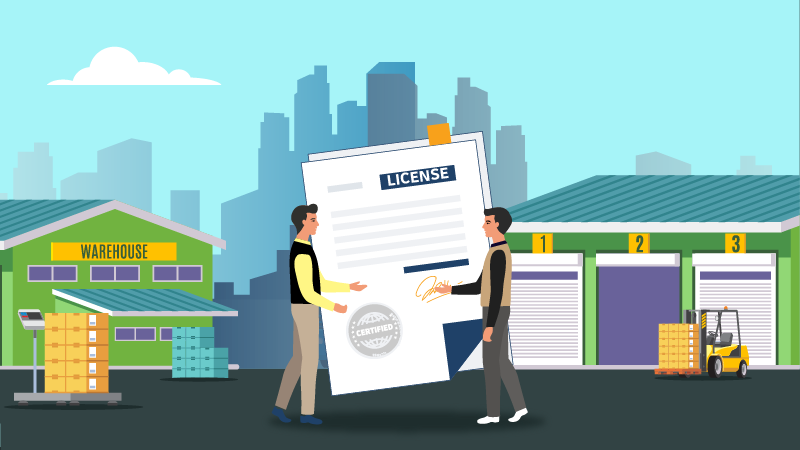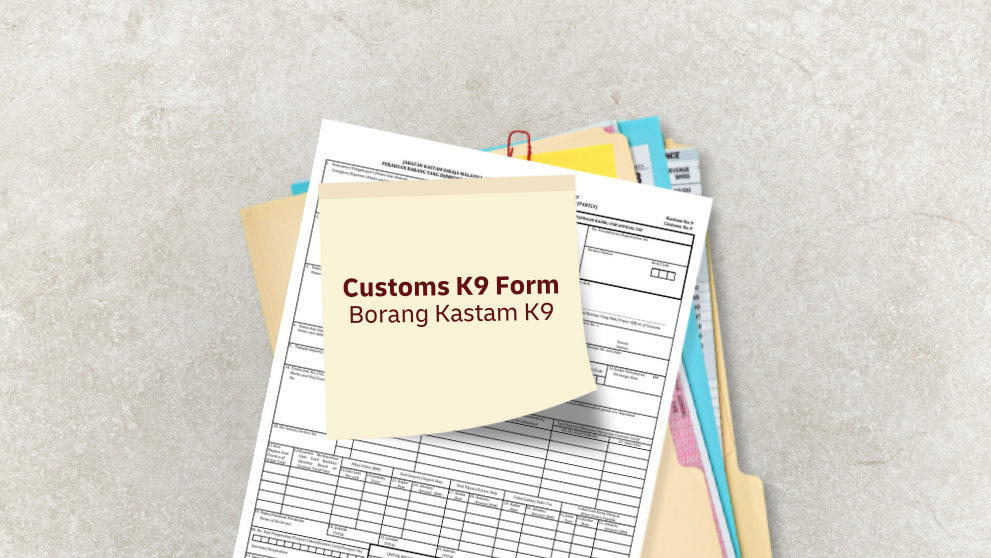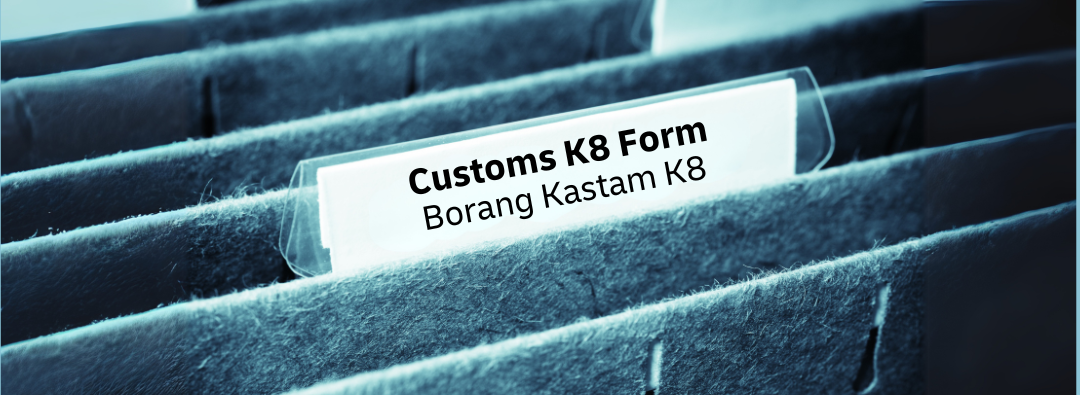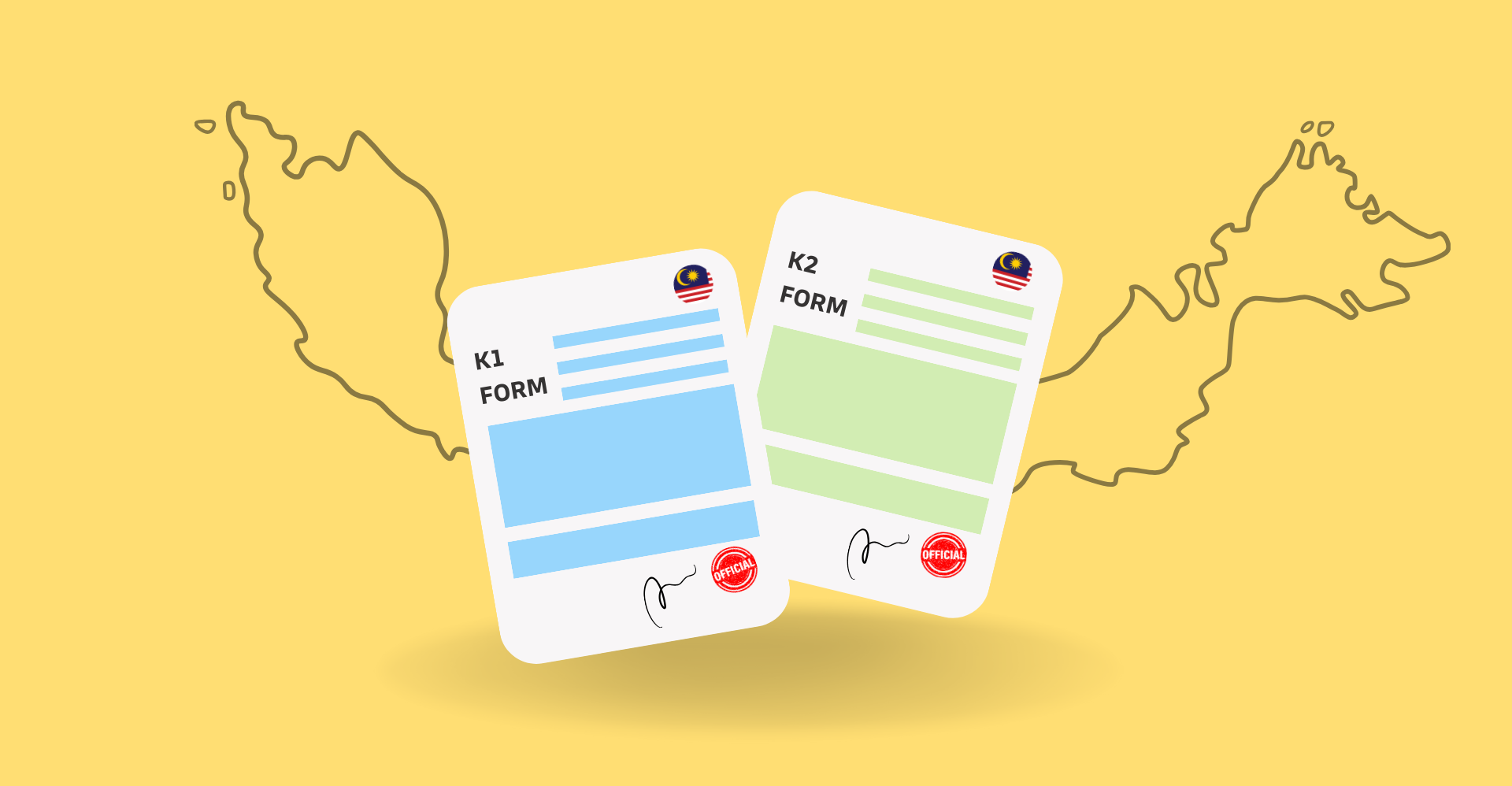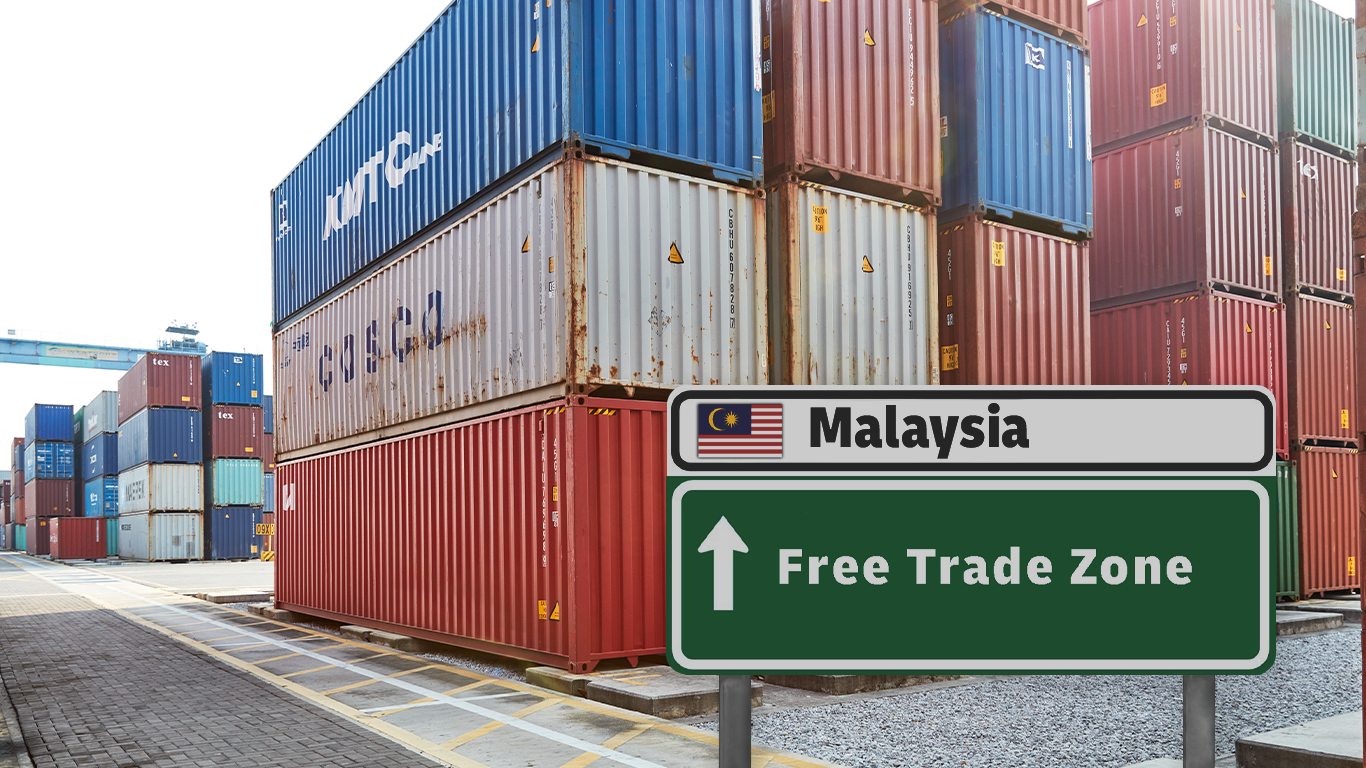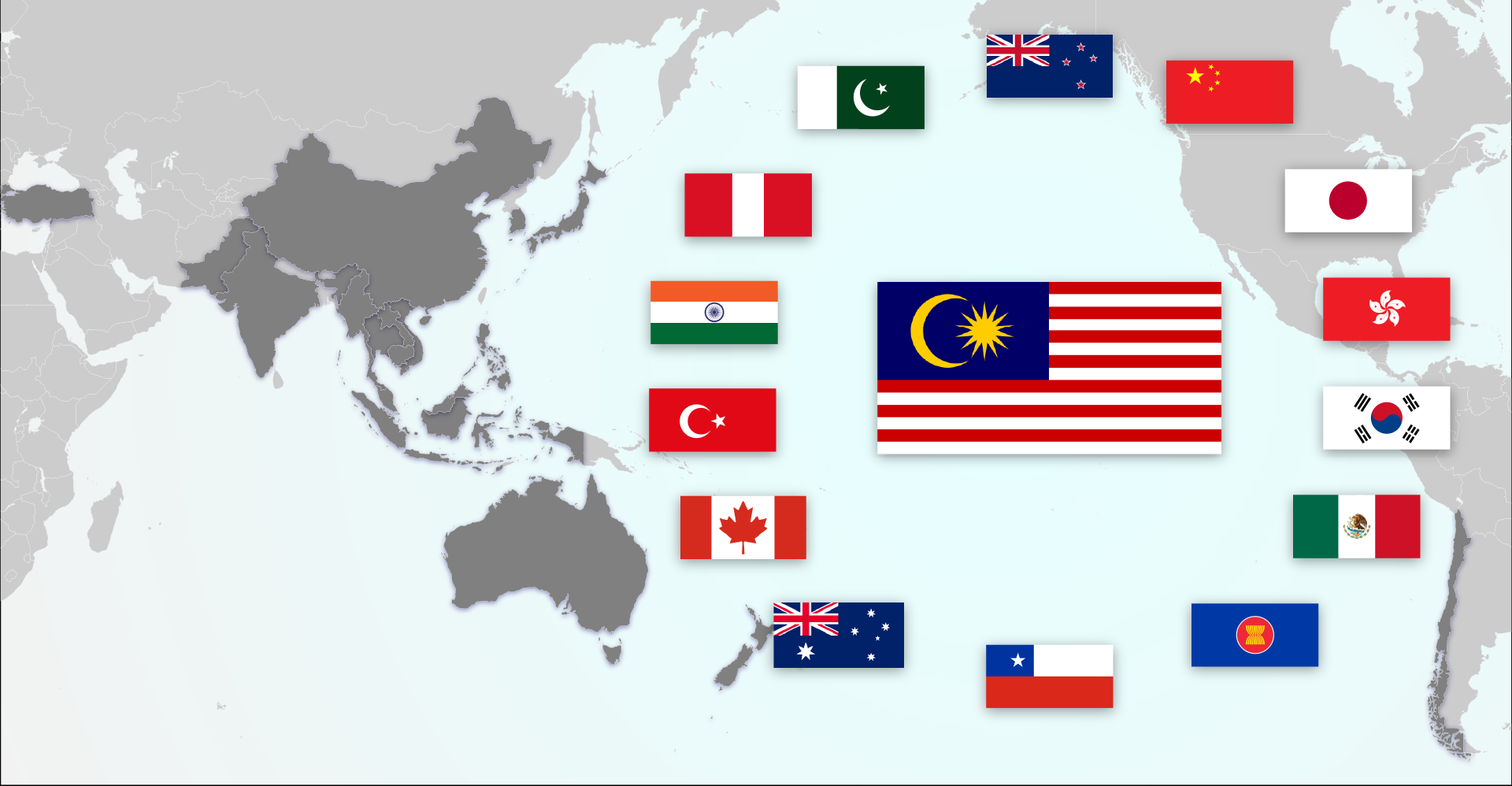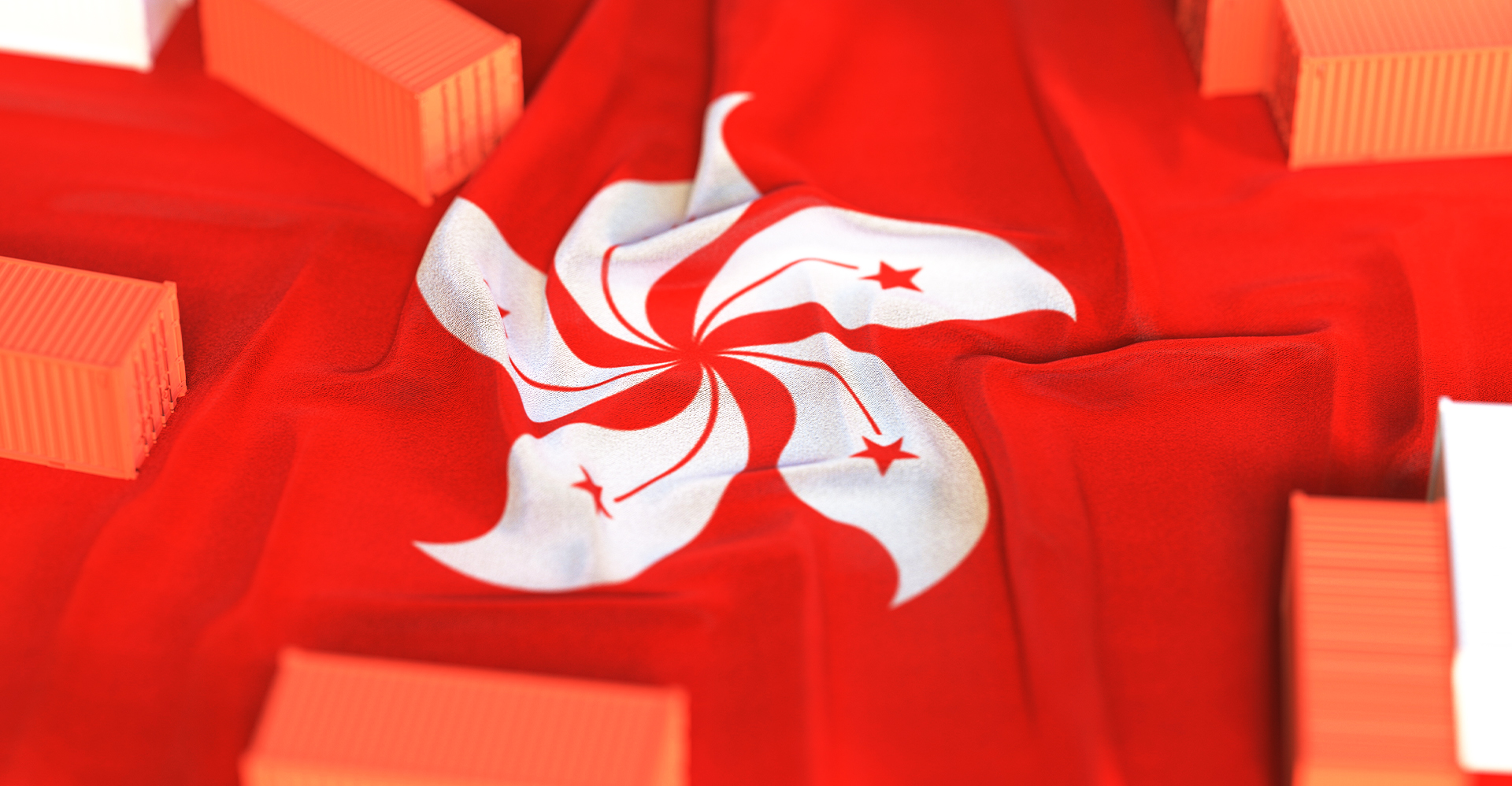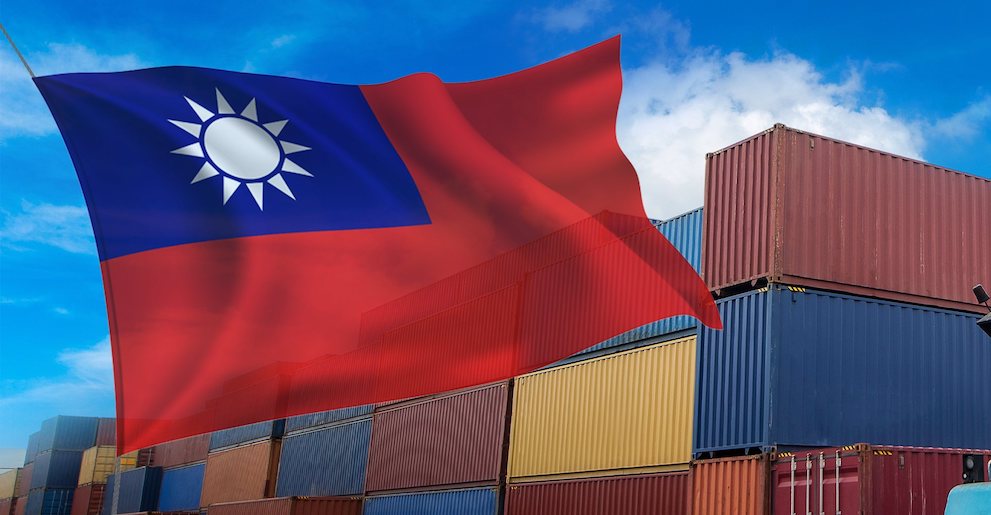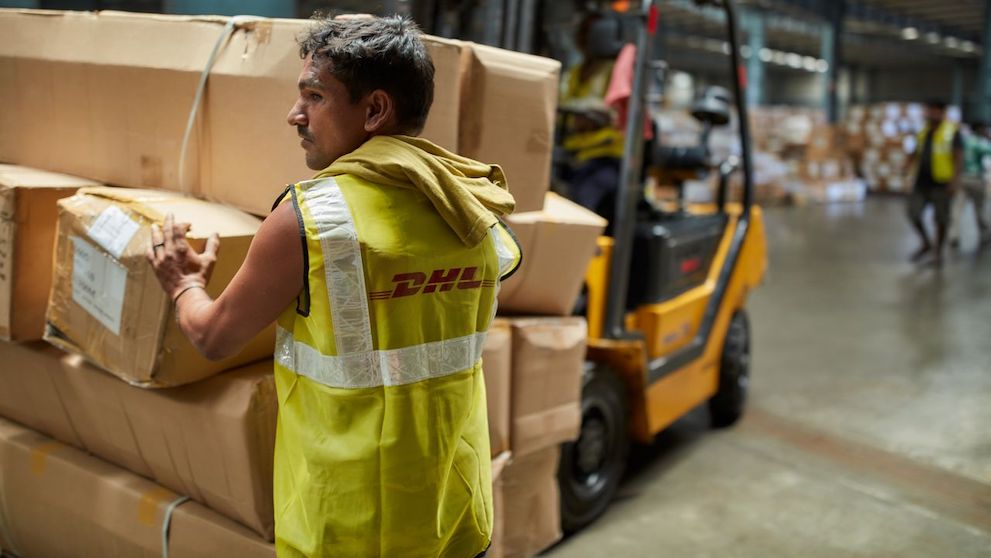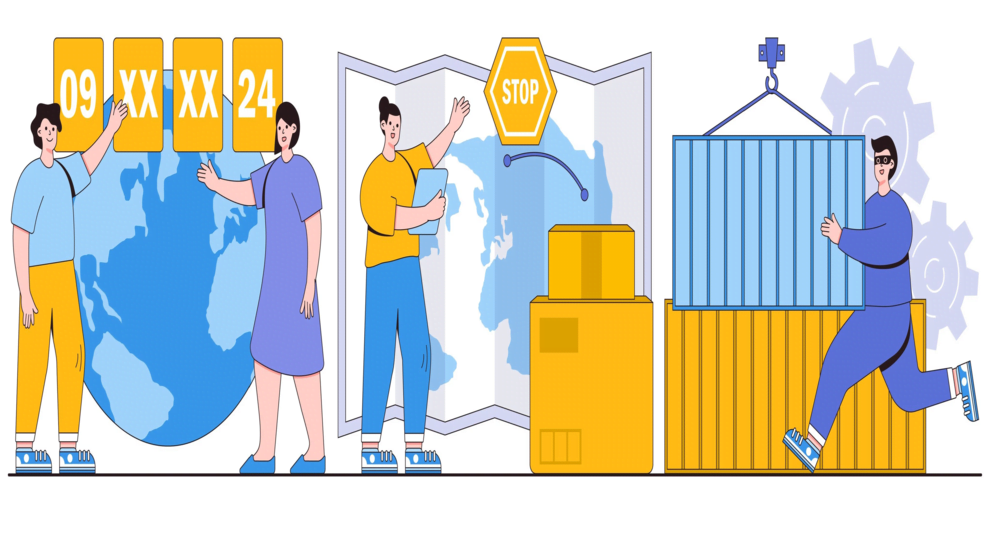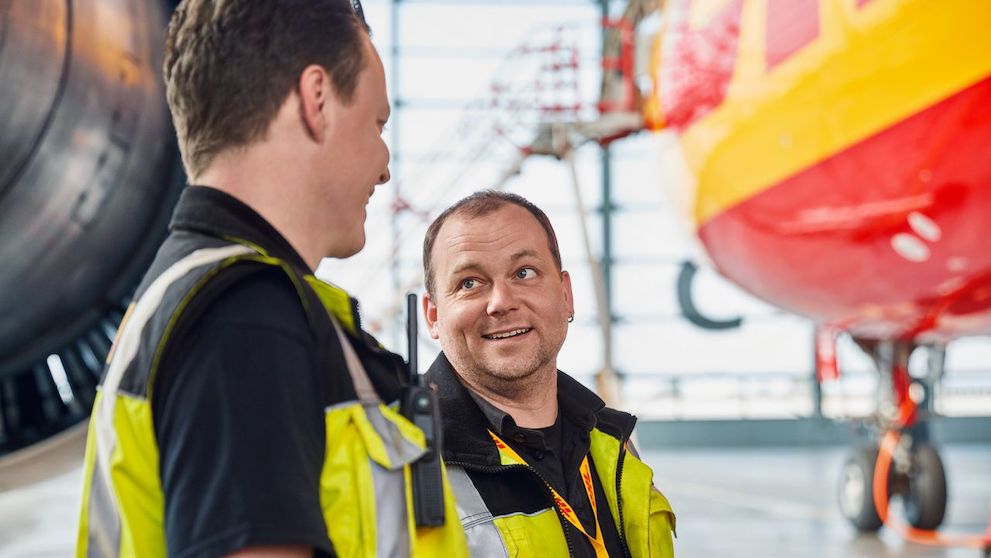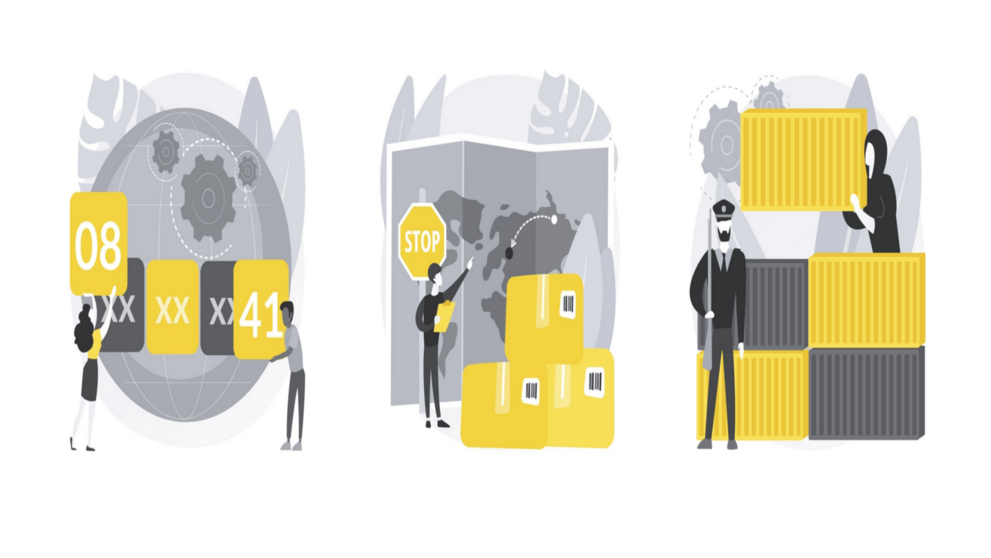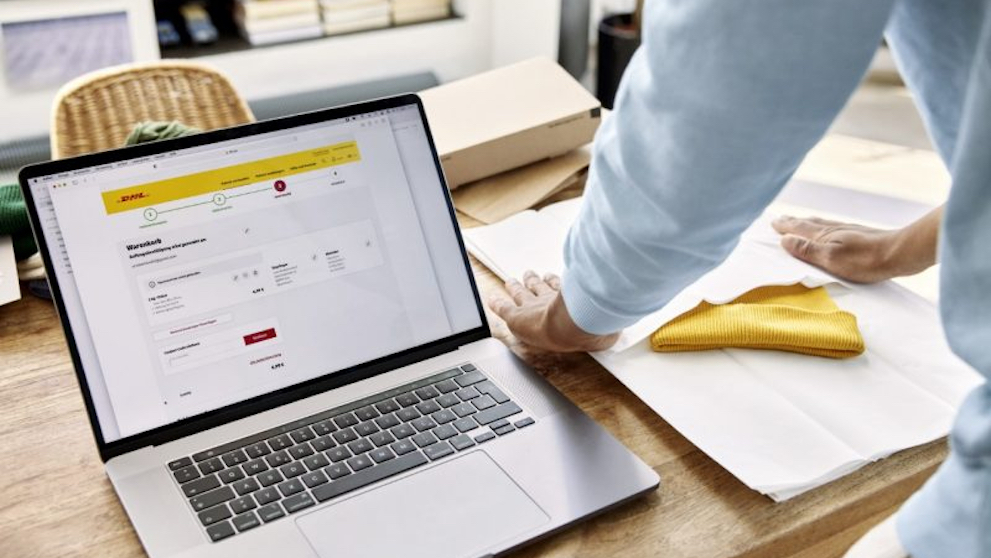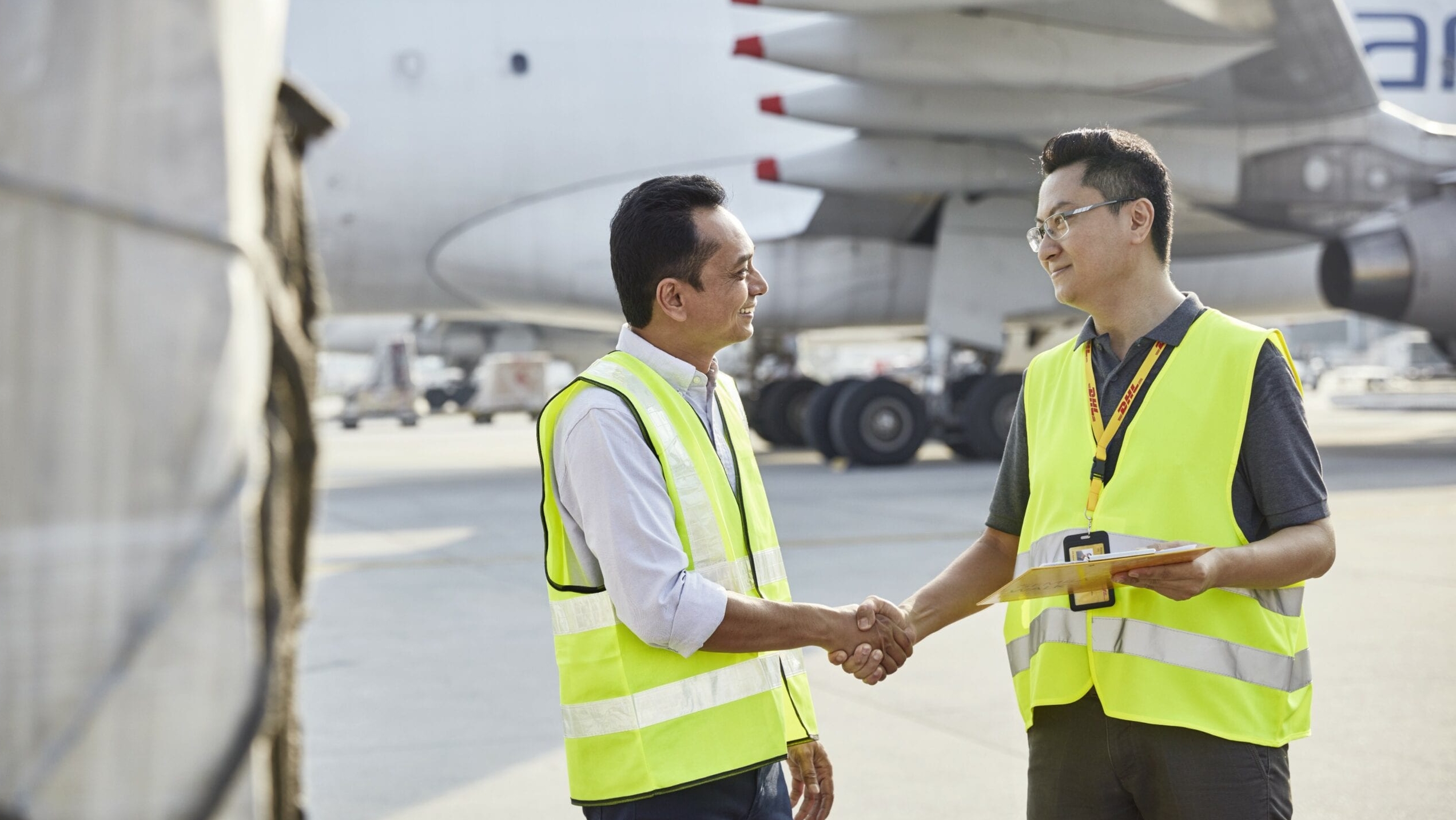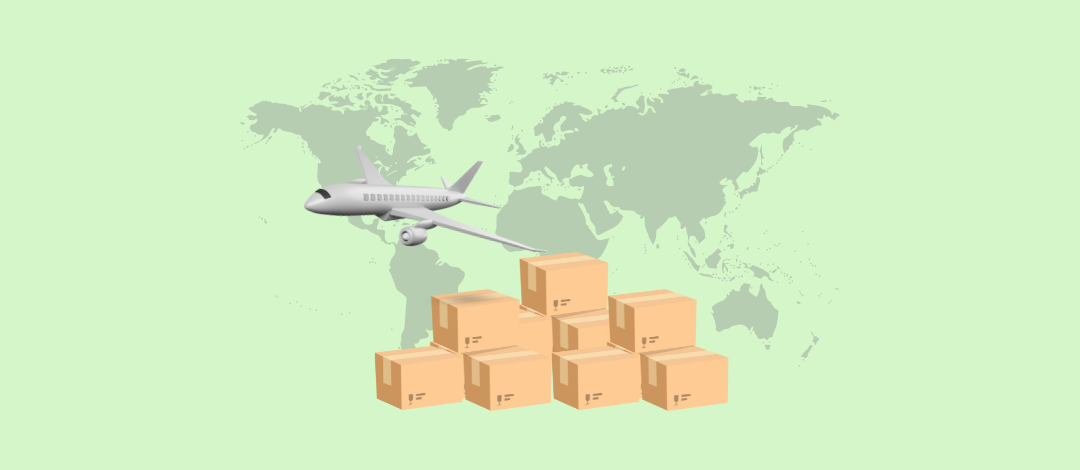What is a Licensed Manufacturing Warehouse (LMW)?
A Licensed Manufacturing Warehouse (LMW) in Malaysia is authorised facility that conducts warehousing and manufacturing of goods, with at least 80% intended for exports, mainly using raw materials and components sourced from other countries.
It is designed for businesses operating in this mode but are ineligible for the application of Free Industrial Zones (FIZs) due to unmet geographical criteria.
LMW provides similar benefits as FIZs offers, exempting import duty and sales taxes on raw materials, components, machinery, and equipment that are new, unused and directly used in the manufacturing process. This exemption covers the entire production lifecycle, providing cost-effectiveness in importing goods. Business owners can import materials at a reduced cost, avoiding taxes and duties, thereby optimizing financial resources.
The LMW license is granted by customs. However, for manufacturers with over 20% local sales from their manufacturing goods, special approval is required from the Malaysian Investment Development Authority (MIDA).
It's important to note that the exemptions of duties and taxes under LMW do not apply to:-
Cranes
Forklifts
Staff uniforms
Office equipment or furniture
Air conditioning and related equipment
Firefighting and pollution equipment, vehicles
Construction or building materials and equipment
What other approved activities are allowed to be carried out in LMW?
At an LMW, certain activities are allowed with approval from the State Customs Director / Zone Operations Director. They are:-
- Product design
- Quality control
- Testing and commissioning
- Calibration and configuration
- Research and development (R&D)
- Labelling, packaging and repackaging
- Re-manufacturing, repairing and servicing
- Marketing, only for manufacturers with International Procurement Center (IPC) status
- Distribution, only for manufacturers with Regional Distribution Center (RDC) status
- Supply chain management, strategic procurement operation and total support solutions
The value-added activity must have a direct connection to the company's manufacturing operations and should strictly function as a secondary task. Sales from this activity must not surpass 40% of the total annual sales value. This condition, however, does not apply to companies with IPC and RDC status.
How to apply for a Licensed Manufacturing Warehouse?
The process of obtaining LMW license involves 3 stages, including eligibility check, document submission, and licenses issuance. This can be further broken down into 7 milestones:
Step 1: Eligibilility Check
Firstly, you need to check if your company meets these three eligibiltiy criteria:
1. Manufacturing License:
Manufacturers must either possess a Manufacturing License under the Industrial Co-ordination Act 1975 (ICA) or hold an exemption letter from the Malaysian Investment Development Authority (MIDA).
2. Export Requirement:
Manufacturers need to demonstrate that they export more than 80% of the total value of finished goods over a continuous 12-month period.
3. Adherence to Manufacturing Criteria:
Manufacturing operations must align with the definition of "manufacture" as outlined in Section 2(1) of the Customs Act 1967.
- For intoxicating liquors: distilling, brewing, fermenting, bottling, and processes like adding substances (excluding water), blending, compounding, and varying liquors with the intent to sell for human consumption. This excludes compounds prepared on the purchaser's order for immediate consumption.
- For tobacco: any process converting any raw or leaf tobacco into tobacco fit for smoking, snuffing, or chewing, including making cigarettes from manufactured tobacco.
- For petroleum: refining processes involving separation, conversion, purification, and blending of refinery or petrochemical streams.
- In other cases: the conversion, by manual or mechanical means, of organic or inorganic materials into a new product by changing their size, shape, composition, nature, or quality. This includes the assembly of parts into machinery or other products but excludes the installation of machinery or equipment for construction purposes.
Step 2: Prepare Required Documents
There are 12 documents in total that you will need to provide for LMW application:
- Form JKDM No 1 - General application form for licence
- Copy of Certificate of Completion and Compliance (CCC)
- Copy of business license/certificate issued by Local Authority
- Form A – Application for Licensed Manufacturing/ Warehouse under Section 65/65A of the Customs Act 1967
- Form D - Certificate of Registration
- Memorandum and Articles of Association
- Form 9 - Certificate of Incorporation of Private Company
- Form 24 - Return of Allotments of Shares
- Form 44 - Registered Office
- Form 49 - Name of Board of Directors
- Copy of Manufacturing License issued under the ICA 1975
- Factory location plan (certified by Registered Architect)
- Factory layout plan (certified by Registered Architect)
- Elevation plan (certified by Registered Architect)
- Flow chart of the manufacturing process
- List of machineries
- List of raw material
- List of finished goods
- Input/output ratio
- Rental of Premises Agreement Letter
- Other relevant documents
Step 3: Application Submission
Fill out and submit the required documents to the State Director of Customs where the proposed warehouse is to be located through the nearest customs office. This submission marks the formal initiation of the application process.
Step 4: Compliance with Conditions
Ensure that your business operations comply with the conditions outlined by the Director General of Customs in Appendix C.
Step 5: Inspection and Evaluation
Customs may conduct an inspection of your premises to assess your manufacturing capabilities, based on 4 areas:
Requirements | Description |
Security and Safety Features: |
|
Designated Areas within Premises: | Specific areas must be allocated separately for various purposes:-
|
Location of LMW: |
|
Approval for changes: | Any changes or amendments to the premises require prior approval from the State Director of Customs or Zone Operation Director. This ensures that modifications comply with regulatory standards. |
Step 6: Approval
Upon successful evaluation, you will receive approval for the LMW license.
- Pay an annual licence fee of RM2,400.00. The license will be issued in JKDM Form No.3 and will take effect starting from the first day of a month.
- The licence is subject to renewal every one or two years. One month before the current licence expires, submit a renewal application to ensure continued authorization.
- A bank guarantee equivalent to 10% of the total duty/tax on raw materials/components for a month is mandatory. This serves as a financial commitment during the licence period.
- Bank guarantees must be submitted for those manufactured goods which categorized as critical items (e.g. clothes) and general bonds with Customs for non-critical items (e.g. plastic, steel).
Step 7: License Issuance
Once approved, you will receive the LMW license, and you can start utilizing the benefits.
What are the responsibilities of LMW companies?
1. Compliance
All LMW companies must comply with the 26 License conditions as per Appendix C.
2. Statement Submission
LMW status companies are mandated to submit monthly and yearly return reports, specifically M1, M2, and M4, to the Customs Office.
These reports serve as crucial documentation to fulfil Royal Malaysian Customs Department (RMCD) requirements, ensuring transparency and compliance with regulations. They encapsulate details about the utilization of duty-free raw materials, equipment, and spare parts, all of which are subject to restrictions based on tariff codes.
LMW-licensed companies must diligently monitor and manage their duty-exempt imports within the specified limits.
Statement | Submission Deadline | Forms Download |
M1 – Raw Material / Component / Accessory / Packaging Material Monthly Statement | Submitted before the 28th, of the following month | |
M2 – Finished Goods Monthly Statement | ||
M3 - Monthly Statement of IPC / RDC Activity | ||
M4 – Licensed Manufacturing Warehouse Annual Statement | Submitted before 31st January of the following year |
The statement shall be accompanied by the Company's Annual Financial Report which has been audited by an Independent Auditor. However, if the Company's Annual Financial Report does not match the period of the annual statement, the Company's Annual Financial Report must be submitted to customs within 30 days after the year-end of the company's financial year.
